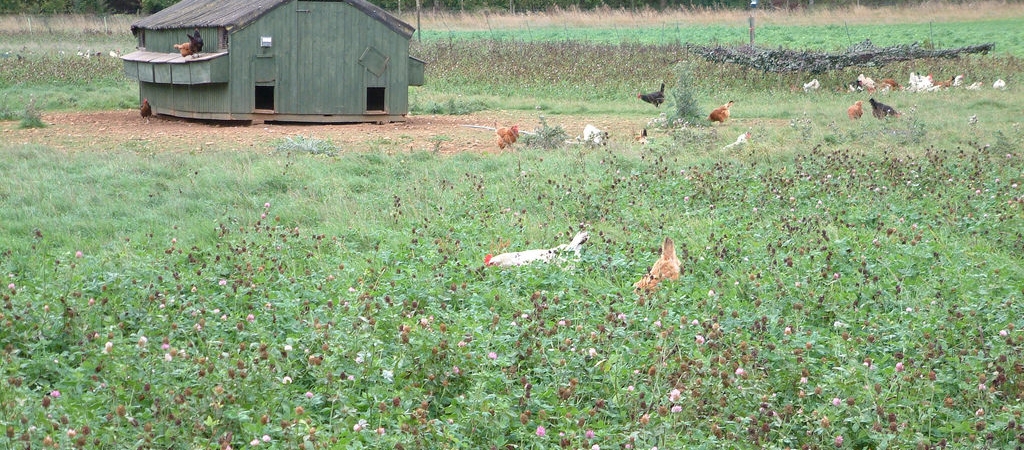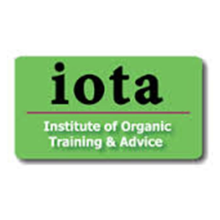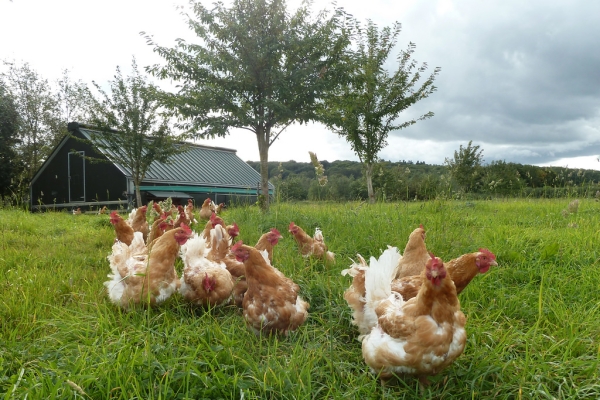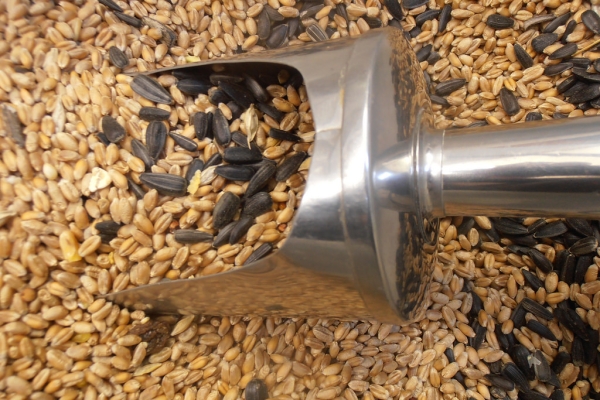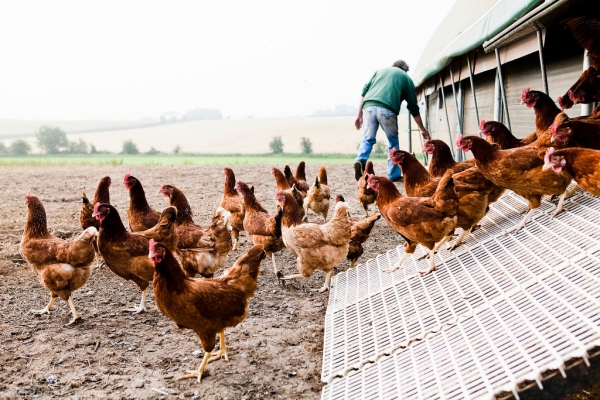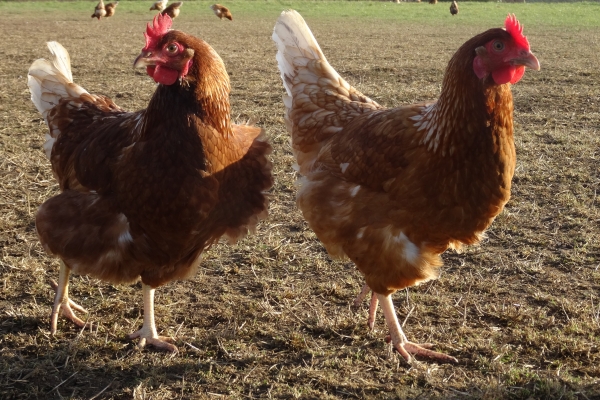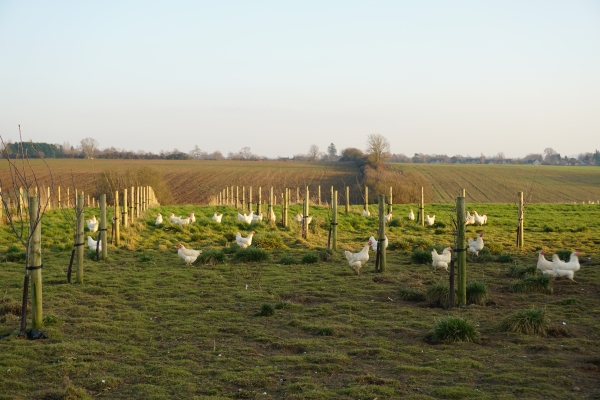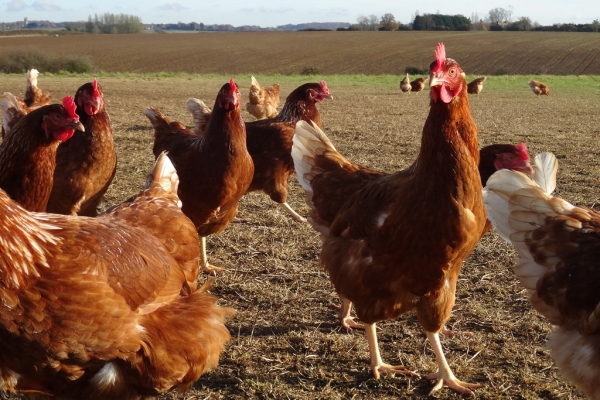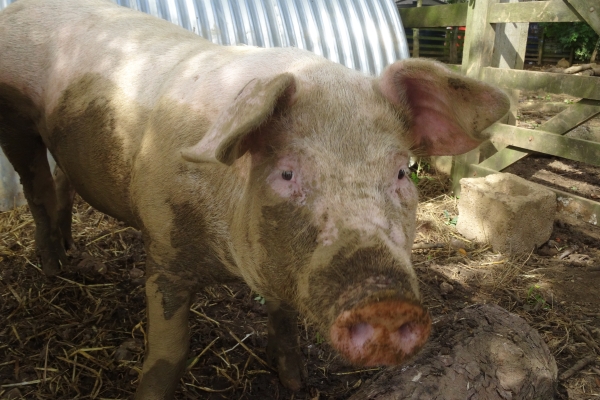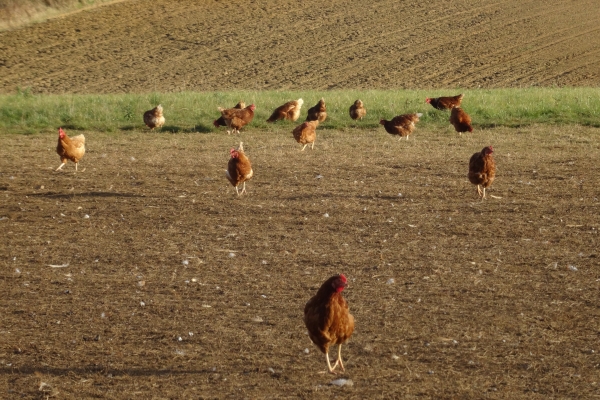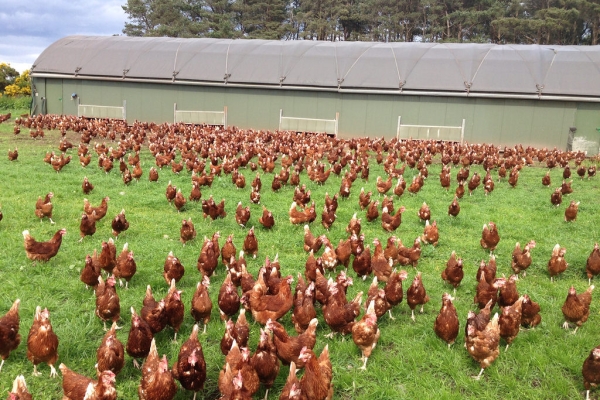Poultry Management
Institute of Organic Training & Advice: Research Review
Resource explained
This useful review of research on organic poultry management covers the topics of breeding, rearing, housing, health and disease, medication and, to a lesser extent, nutrition. The research was conducted as part of the Defra funded PACA Res project OF0387. In addition to research carried out under this, it also includes other relevant European work. The research is presented through providing technical details and short summaries for each of the key research projects, drawing out the main results and findings, implications of findings, future work and policy relevance for each. Section 3 of the review is particularly useful as it summarises the key findings and conclusions, grouping them under the headings of breeding, rearing, management systems, housing, and health and disease. For more information in relation to nutrition, see IOTA Research Review ‘Poultry nutrition and rations.’
Findings & recommendations
- Slow growing strains of broilers can taste better, be more suited to extensive systems, range further, forage more effectively, be less susceptible to environmental stresses, and cope well with poor diets. Broiler strains perform less well in extensive systems but are less susceptible to predation. Researchers suggest crossing fast and slow growing strains to produce commercially viable birds that are suited to an extensive system.
- Whilst brooding in low-tech facilities (rather than large automated housing) can be more labour intensive and difficult, post brooding mortality is lower and predation is not a problem.
- Hens can find and utilise large amounts of food from foraging. Encouraging increased foraging can help increase the cycling of nutrients within the system, ease the transition to 100% organic rations and lead to poultry dispersing more in the field, increasing their welfare and reducing the risk of nutrient leaching.
- Early access to pasture for ranging, providing natural shelter, maintaining good hygiene standards, monitoring stocking densities, practicing site rotation, providing adequate ventilation, and carrying out regular foot and site inspections will all help maximise the welfare potential of birds.
- The ‘Health and Disease’ conclusions provide useful insights into control of parasites, helminths, mites, cholera, Newcastle disease, pullorum disease, salmonella, and Campylobacter infection.
